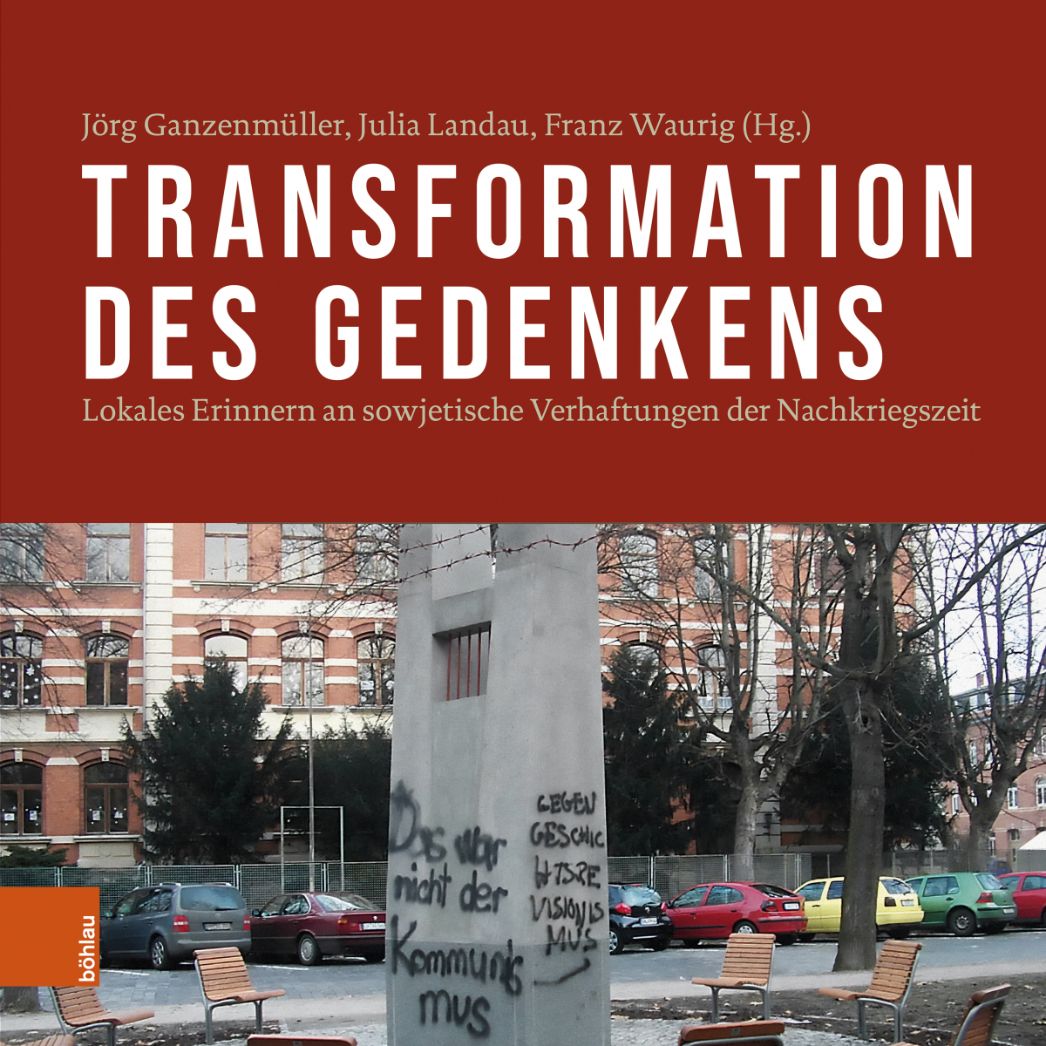
There is an inconspicuous memorial plaque on the wall of the former Weimar prison in Ernst-Thälmann-Straße. "To the innocent victims of Stalinist terror" is written on it in capital letters, with no further information. It has almost been forgotten that the plaque was one of the first memorials to Soviet arrests in Thuringia in 1992.
Soviet military tribunals met in the Weimar prison, which was used as a place of execution during National Socialism, after 1945. They handed down severe sentences and death sentences. Many convicts were transferred to special camps. Until 1989, there were no reminders of this; officially, there was silence on the subject. The taboo was only broken with the end of the GDR.
The plaque on the Weimar district court building is one of many memorials in public spaces in East Germany that have commemorated Soviet arrests since 1990. The motives and backgrounds that led to the erection of these little-known memorials are the focus of a new publication: Böhlau-Verlag has now published the anthology "Transformation of Remembrance".
It is the product of several years of research. Since 2019, the team of the "Remembrance without Knowledge?" project at the Buchenwald Memorial has been working on the memory of Soviet arrests and special camps as part of the "Dictatorship Experience and Transformation" research network.
These memorials were not always uncontroversial. The authors of this volume - Jörg Ganzenmüller, Enrico Heitzer, Julia Landau, Franziska Mendler, Christina Ramsch, Dorothee Riese, Franz Waurig, Jens-Christian Wagner and Annette Weinke - analyse the discussions surrounding individual memorials in East and West Germany, but especially in Thuringia. Contributions on the historical background, such as the Allied arrests after the Second World War and the history of the term "camp", frame the individual studies.
The book was preceded by several publications by the project team: in 2020, the team designed the website "Zumutbare Wahrheiten" (Reasonable Truths) on the reappraisal of the special camps since 1989/90.
This was followed two years later by the publication of the working material
"How to remember?" on regional research on site and the brochure "After the war. Traces of the Soviet Occupation in Weimar 1945-1950".
The project team is currently planning workshops on Soviet arrests after 1945 and on biographical research. If you are interested in a workshop in your region, please send a message to kustodie2(at)buchenwald(dot)de.

